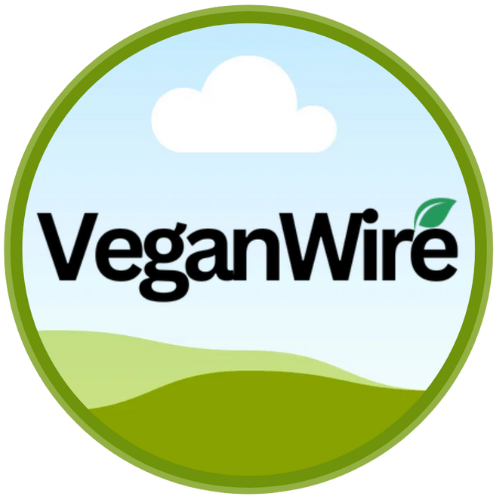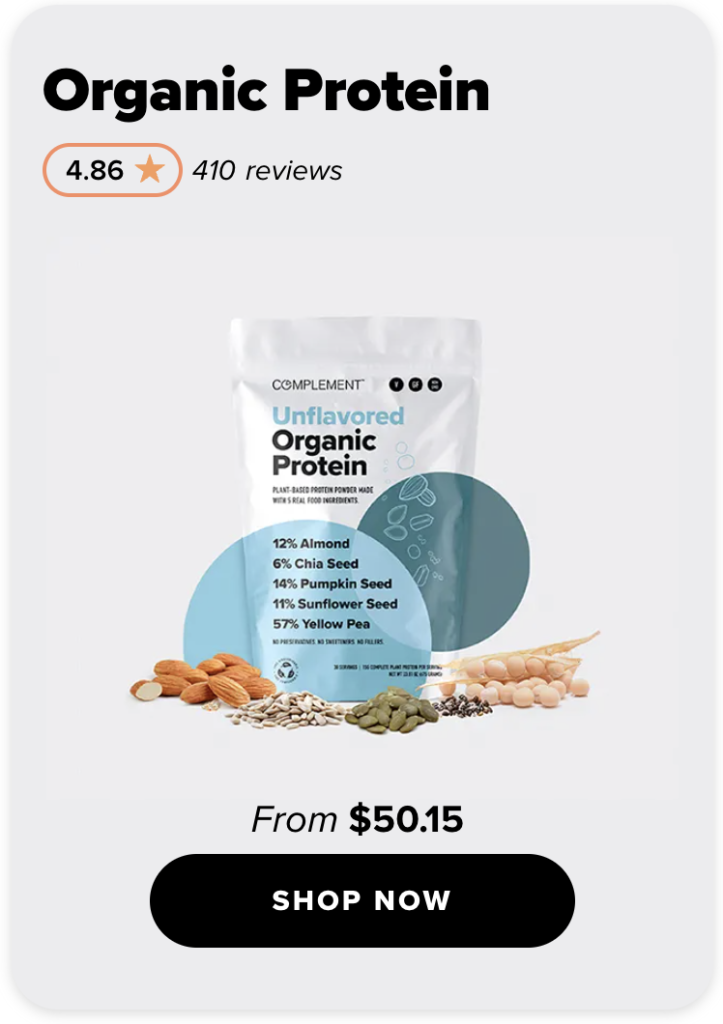Protein powders are a popular supplement for those looking to build muscle and improve their overall fitness. However, not all protein powders are created equal. Plant-based protein powders, made from sources such as peas, rice, and hemp, have been gaining popularity in recent years due to their numerous health benefits over animal-derived powders. In this article, we will discuss the ways in which plant-based protein powders are better than animal-derived powders.
Nutritional Profile
One of the main advantages of plant-based powders is their nutritional profile. Plant-based powders are typically lower in saturated fat and cholesterol, and higher in fiber, vitamins, and minerals than animal-based powders (1). For example, a serving of pea protein powder typically contains around 25 grams of protein, 3 grams of fiber, and just 1 gram of saturated fat, compared to a serving of whey protein powder which contains around 24 grams of protein, 1 gram of fiber, and 2 grams of saturated fat (2).
Environmental Impact
Another advantage of plant-based protein powders is their lower environmental impact. Animal agriculture is a major contributor to greenhouse gas emissions, deforestation, and water pollution (3). In contrast, the production of plant-based protein powders requires significantly less land, water, and energy compared to animal-based powders (4). This makes plant-based protein powders a more sustainable and eco-friendly choice.
Allergen-Free
Many people are allergic or intolerant to ingredients found in animal-based protein powders, such as lactose and casein. Plant-based protein powders, on the other hand, are often free from these allergens (5). This makes them a great option for those with dietary restrictions.
Improved Digestibility
Plant-based protein powders are also better for digestion than animal-based powders. Plant proteins are typically easier to digest and less likely to cause stomach upset, bloating, and gas than animal proteins (6). This is because plant proteins are less acidifying, and they are digested more slowly and efficiently than animal proteins (7).
Variety of options
Plant-based protein powders are available in a wide variety of options, such as pea, rice, hemp, and soy protein. This allows individuals to choose the option that best suits their dietary preferences and needs. In contrast, animal-based protein powders are typically limited to whey and casein protein.
Conclusion
In conclusion, plant-based protein powders are better than animal-derived powders in many ways. They have a more favorable nutritional profile, a lower environmental impact, are allergen-free, and improved digestibility. Additionally, plant-based protein powders come in a variety of options which allows for more flexibility in dietary choices. Plant-based protein powders are a great option for those looking to improve their overall health and fitness.
References
- Phillips, S.M., et al., A comparison of the effects of 2 doses of a soy protein supplement and a milk protein supplement on strength, muscle mass, and bone metabolism in older men. The American journal of clinical nutrition, 2015. 101(6): p. 1269-1277.
- Poortmans, J.R. and P. Dellalieux, Do regular high protein diets have potential health risks on kidney function in athletes? Int J Sport Nutr Exerc Metab, 2000. 10(1): p. 28-38.
- Livestock’s Long Shadow: Environmental Issues and Options. 2006, Rome: Food and Agriculture Organization of the United Nations.
- Eshel, G., et al., Land, irrigation water, greenhouse gas, and reactive nitrogen burdens of meat, eggs, and dairy production in the United States. Proceedings of the National Academy of Sciences, 2014. 111(33): p. 11996-12001.
- Hsieh, T.C., et al., Comparison of nutritional and allergenic properties of soy and milk proteins. Journal of the American Dietetic Association, 1997. 97(7): p. 765-770.
- Wolever, T.M., et al., Digestibility of a novel pea protein isolate in healthy humans. British Journal of Nutrition, 2007. 98(4): p. 771-778.
- Millward, D.J., et al., The nutritional value of plant-based diets in relation to human amino acid and protein requirements. PloS one, 2014. 9(7): p. e9409.
- Some research for this article compiled with the assistance of ChatGPT/OpenAI
- Learn more about VeganWire here.







